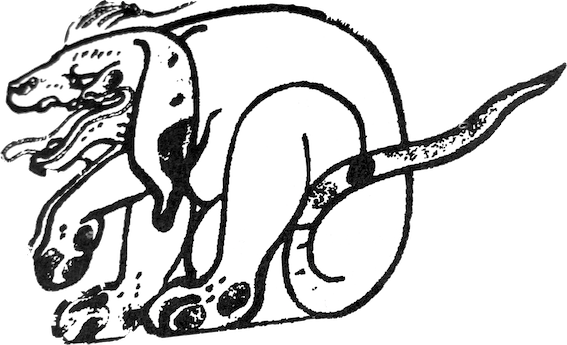
先住民言語文化論
Indigenous Studies
Mitzub'ixi Qu'q Ch'ij
What is Indigenous
Studies? - Indigenous Studies "is an interdisciplinary undergraduate
class... The class is dedicated to
the scholarly study and research of
the priorities and aspirations of Indigenous peoples in not only Japan
and but throughout the world. An important goal of the class is
to provide an opportunity for Indigenous and non-Indigenous students to
learn and think about Indigenous knowledges in creative, transformative
and critical ways. This class offers issues that engender a
rigorous
and respectful understanding of Indigenous peoples’ languages,
knowledges, cultures, histories, politics, arts, intellectual
traditions, and research methodologies. A key feature of this class is
its respect and promotion of Indigenous knowledges, as evidenced by the
commitment to Indigenous language instruction and courses devoted to
the topic of Indigenous knowledge itself. " - inspired by the
source: "What
is Indigenous Studies?" from Univrsity of Tronto
| 授業担当者:あなたの名前( your
name) |
池田光穂 |
Prof. Mitzub'ixi
Qu'q Ch'ij |
| 履修対象/Eligibility |
すべての学生、大学院生、科目等履修生、
1,2,3,4,5,6,7,8,9年生 |
year,
2,3,4,6,6,7,8,9 |
| 開講時期/Schedule |
夏学期 火曜5-6限 |
Summer term. Tue.
5-6, 2021 |
| 講義室/Room |
箕面新キャンパス 503(三密を避け
たリア ル授業ですが、On line 受講も考えています)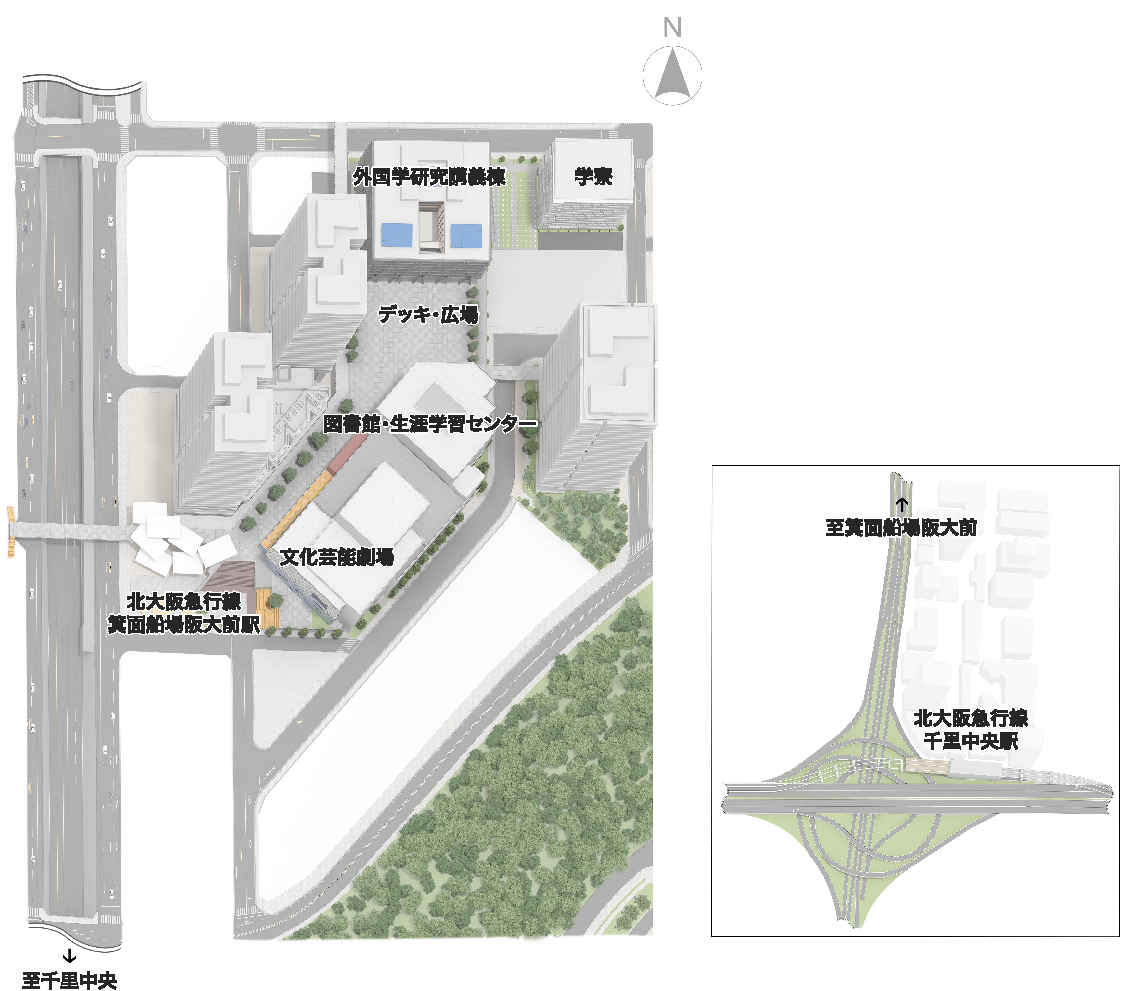 |
503, Minoo
Campus, Osaka University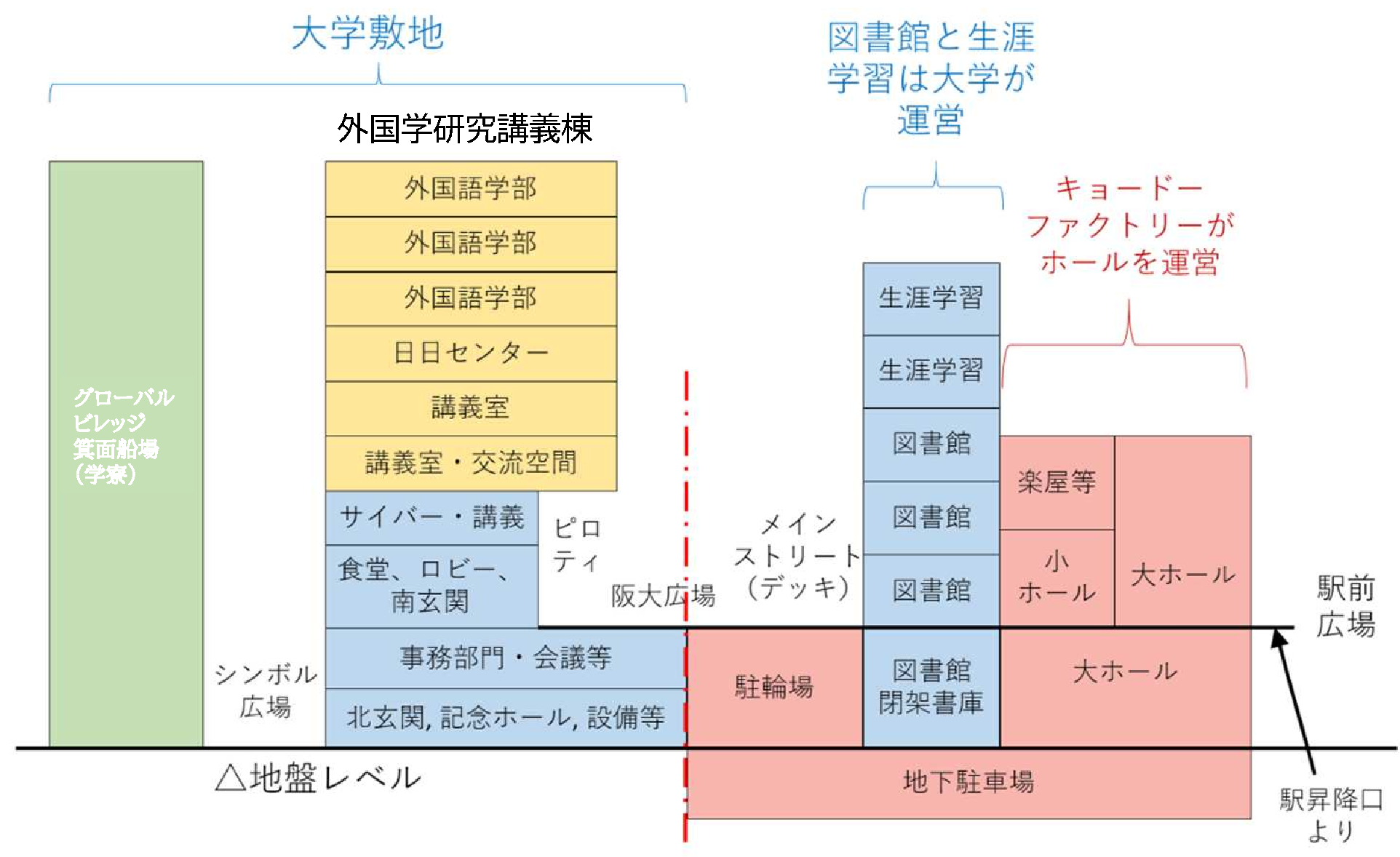 |
| 講義題目/Course Name |
先住民言語文化論 |
Indigenous Studies |
| 授業の目的と概要/Course
Objective |
先住民学とは、学際的な学部の授業です。
日本のみならず、世界の先住民族の優先課題や要望を学術的に研究することを目的としています。
このクラスの重要な目標は、先住民族の学生と非先住民族の学生が、先住民族の知識を創造的、変容的、批判的な方法で学び、考える機会を提供することにあり
ます。このクラスでは、先住民族の言語、知識、文化、歴史、政治、芸術、知的伝統、研究方法論などについて、厳密かつ敬意を持って理解するための問題を提
供します。このクラスの大きな特徴は、先住民族の言語教育や先住民族の知識そのものをテーマにしたコースへの取り組みからも明らかなように、先住民族の知
識を尊重し、促進することにあります。 |
What is Indigenous Studies? - Indigenous Studies "is an interdisciplinary undergraduate class... The class is dedicated to the scholarly study and research of the priorities and aspirations of Indigenous peoples in not only Japan and but throughout the world. An important goal of the class is to provide an opportunity for Indigenous and non-Indigenous students to learn and think about Indigenous knowledges in creative, transformative and critical ways. This class offers issues that engender a rigorous and respectful understanding of Indigenous peoples’ languages, knowledges, cultures, histories, politics, arts, intellectual traditions, and research methodologies. A key feature of this class is its respect and promotion of Indigenous knowledges, as evidenced by the commitment to Indigenous language instruction and courses devoted to the topic of Indigenous knowledge itself. " - inspired by the source: "What is Indigenous Studies?" from Univrsity of Tronto |
| 学習目標/Learning Goals |
1.
終了した時点で、先住民学についての具体的なビジョンを把握、それを言語化し、他のクラスメイトに伝えることができる。 2. 日本ならびに世界の先住民族の言語と文化の現状について、おおまかな理解、あるいは先住民族運動の歴史を把握することができる。 3. 実例として取り上げる、アイヌ民族と、メソアメリカのマヤ民族のこれまでの歴史と、課題について知ることができる。 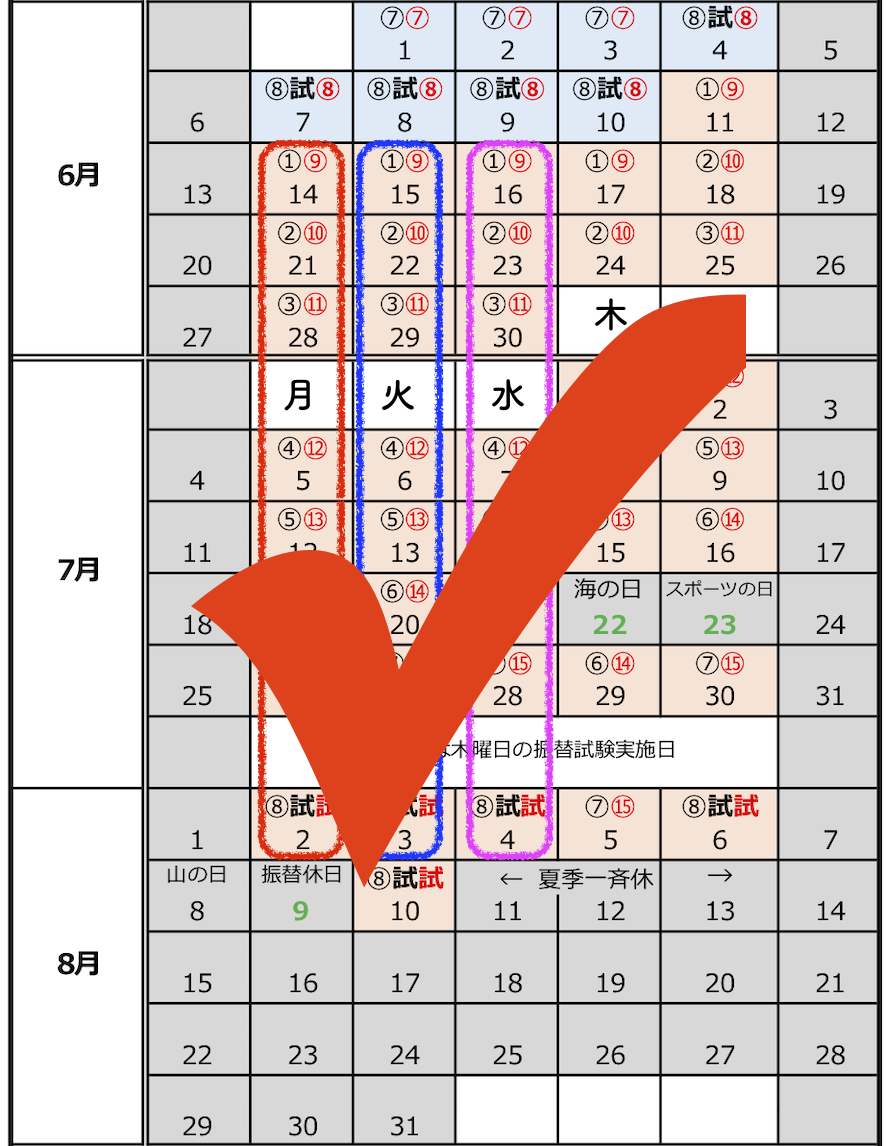 |
1. You can explain
what is the Indigenous Studies and can define "world Indigenous People"
according to The United Nations Declaration on the Rights of Indigenous
Peoples (UNDRIP), 2007. 2. You can understand the outline of histories of world Indigenous poeoples and touch the priorities and aspirations of Indigenous peoples, especially the Ainu in Japan and the Mayan in Mesoamerica, one of socio-cultural areas in Central America. |
| 履修条件・受講条件
/Requirement; Prerequisite |
どなたでも受講できます。 |
There is no
special requirement in this class. |
| 授業形態/Type of Class: | 文献の読解と議論(セミナー形式) |
Lecture and Seminar |
| 授業計画/Special Plan (回)題目/Title:内容/Content | 1. 先住民族(先住民とは
何か?) ・先住民の世界 ・先住民(先住民族)の定義 ・先住民か? 先住民族か?(呼称の問題) ・先住民の権利に関する国際連合宣言 ・UNDRIP先住民族の権利に関する国際連合宣言 (市民外交センター仮訳) ・このページの下のリンクガイドも参照してください。 2. アイヌ民族(1) Ainu_people_Wiki20210406.pdf 3. アイヌ民族(2)→(変形文法入門) 4. マヤ民族—マヤ諸語入門— マムの人々(1)(→「マム語入門」) プリントアウト用:マヤ民族(mayan_people.pdf)with password プリントアウト用:マヤ諸語入門(mayan_languages.pdf)with password 5. マヤ民族—マヤ諸語入門— マムの人々(2)(→「マム語入門」) 6. マヤ民族—マヤ諸語入門— マムの人々(3)(→「マム語入門」) 7. 世界の先住民族の課題 (予備日) 「新しい『先住民学』の提唱」 |
1. What is
Indigenous People ? and What is the Indigenous Studies? 2. The Ainu, Case study (1) 3. The Ainu, Case study (2) 4. The Mam, a Mayan ethnic group of Mesocamerica (1) 5. The Mam, a Mayan ethnic group of Mesocamerica (2) 6. The Mam, a Mayan ethnic group of Mesocamerica (3) 7. The aspirations of the World Indigenous Peoples: Concluding remarks. |
| 授業外における学習 /Independent Study Outside of Class | 授業資料に関しては裏バス(=裏のシラバ
ス)というページを提供しています。日本語のみですが、[ https://goo.gl/u8L6vq
]からアクセスしてください。また、適宜このページの使い方を授業内で解説します。 |
We
provide and arrange a resource web-page [ https://goo.gl/u8L6vq ]in
Japanese for students attending this class outside from this virtual
syllabus. The Students can use this web-site for preparations and
reviews of each class. |
| 教科書・教材/Textbooks | 授業資料に関しては裏バス(=裏のシラバ
ス)というページを提供しています。日本語のみですが、[ https://goo.gl/u8L6vq
]からアクセスしてください。また、適宜このページの使い方を授業内で解説します。 |
We
provide and arrange a resource web-page [ https://goo.gl/u8L6vq ]in
Japanese for students attending this class outside from this virtual
syllabus. The Students can use this web-site for preparations and
reviews of each class. |
| 参考文献/Reference | 授業資料に関しては裏バス(=裏のシラバ
ス)というページを提供しています。日本語のみですが、[ https://goo.gl/u8L6vq
]からアクセスしてください。また、適宜このページの使い方を授業内で解説します。 |
We
provide and arrange a resource web-page [ https://goo.gl/u8L6vq ]in
Japanese for students attending this class outside from this virtual
syllabus. The Students can use this web-site for preparations and
reviews of each class. |
| 成績評価/Grading Policy | 各人が授業参加ごとに、学習成果の記録を
とるポートフォリオ50%と、学習の成果をチェックするレポート等50%により、総合的に判断します。 |
Grading
of qualification will be evaluated from self-evaluation points from
each students' portfolios, 50%, and attainment points of student's
reports, 50% |
| コメント/Other Remarks |
特にありません。 |
Nothing in
particular. |
| 特記事項/Special Note | 授業において、特別な配慮が必要な学生
は、事前に、所属学部ならびに研究科を通して、あるいは全学教育推進機構大学院教務係に連絡をお願いします。また、最初の授業の際に、連絡をいただけれ
ば、配慮します。 |
If
special consideration regarding the taking of this course is necessary
due to reasons such as a disability, please consult in advance with the
academic affairs related contact point for the department belonged to
(such as the school affairs section or graduate school affairs section)
or else with Trans-disciplinary Education Division of Purser Department
in the Center for Education in Liberal Arts and Sciences. In addition,
please inform the teacher responsible for the class at an early stage,
such as at the first class. |
| オフィスアワー/Office Hour | 電子メール
(tiocaima7n[at]gmail.com)で、まずは予約してください。 |
You can request
your reservation via tiocaima7n[at]gmail.com, thanks! |
| キーワード/Keywords | I先住民族、先住民、国連世界先住民族の 権利宣言、文化人類学、先住民言語学 | Indigenous Peoples, The United Nations Declaration on the Rights of Indigenous Peoples (UNDRIP), cultural anthropology, Indigenous linguistics |
| 受講生へのメッセージ/Messages to Prospective Students | 授業は、魅力的に、参加して楽しく、そし
て、毎回議論することがわくわくするように運営します。授業で知り得た学生同士の個人情報などは、守秘義務(コンプライアンス遵守)が生じますので、注意
しましょう。 |
Do
you know the motto printed in old T-shirt of a used book store in
Berkeley, California, "Moe's," that I found ? - "Reading is Sexy." It's
Great that I think. I will add in our class, "Understanding this class
is also agapeic [in Greek sense]Sexy, Philo-Sophy." This is my motto of
objectivity of this class. |
★
●先住民について知るための基本用語集につ づきます!!!(類似のページに「先住民学への招待」がありま す)
links
bibliography
other informations
We respect on The
Constitution of Japan, 1947. If you have any inconvenience of this
pape, please let know the author of the page via
rosaldo_[at]_cscd.osaka-u.ac.jp.
---------------------------------
****
Copyleft, CC, Mitzub'ixi Quq Chi'j, 1997-2099

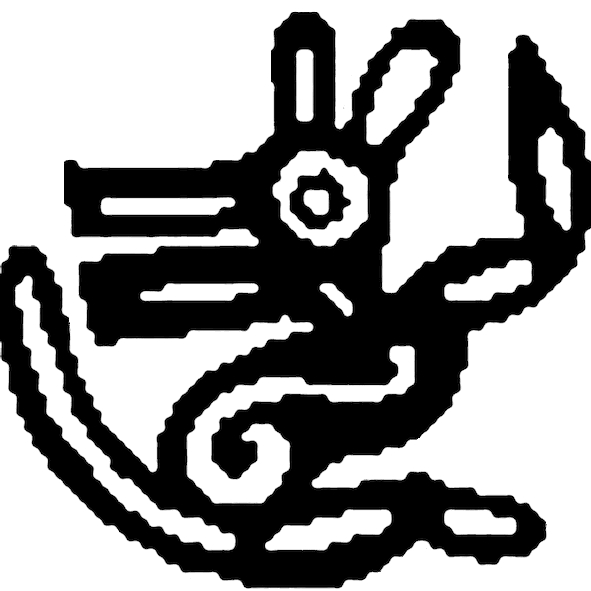
Copyleft,
CC, Mitzub'ixi Quq Chi'j, 1996-2099